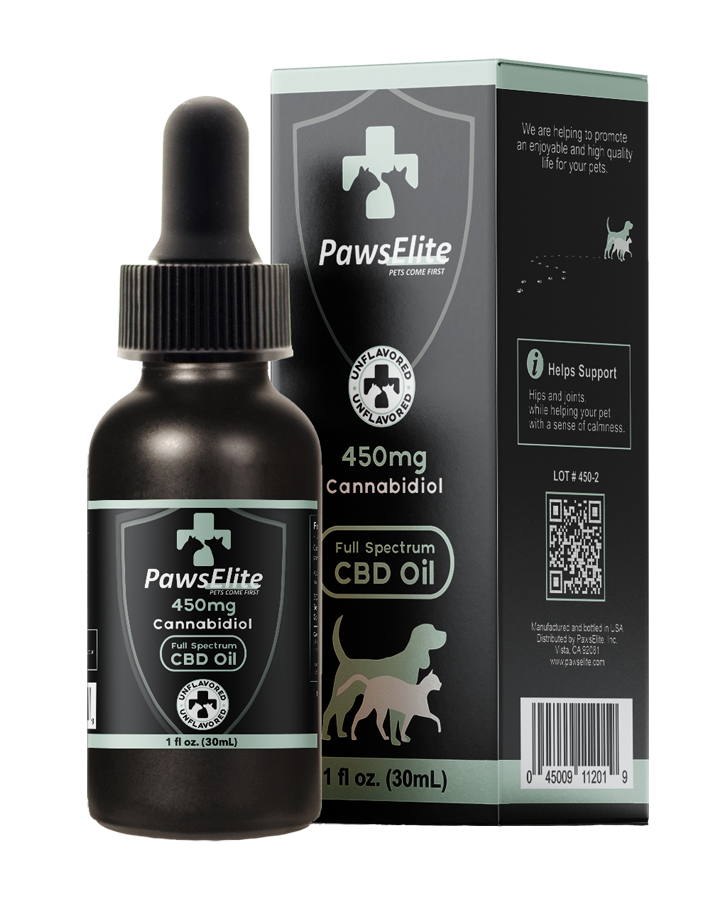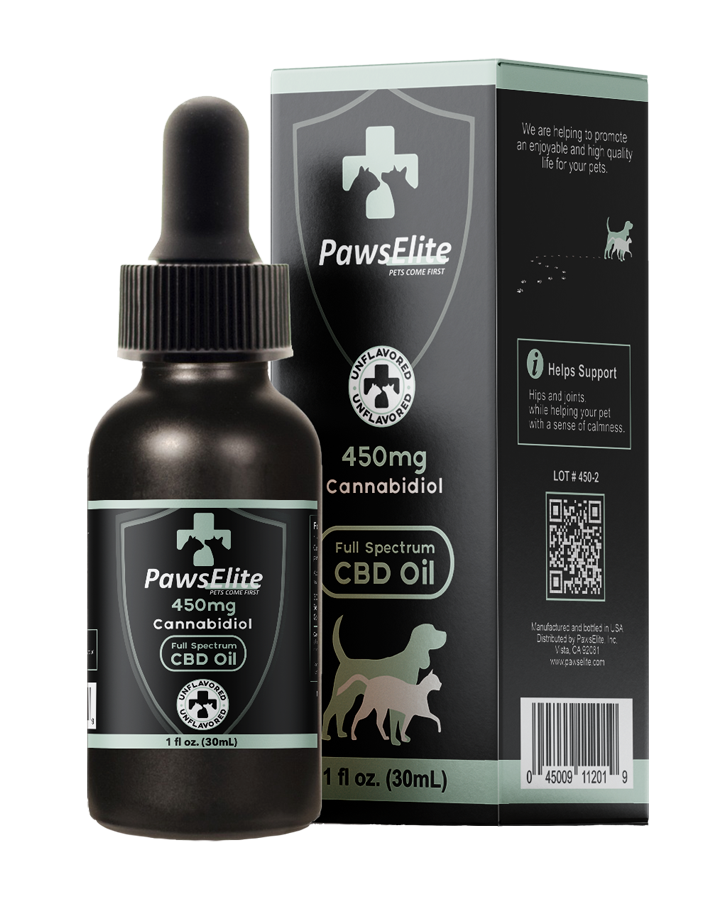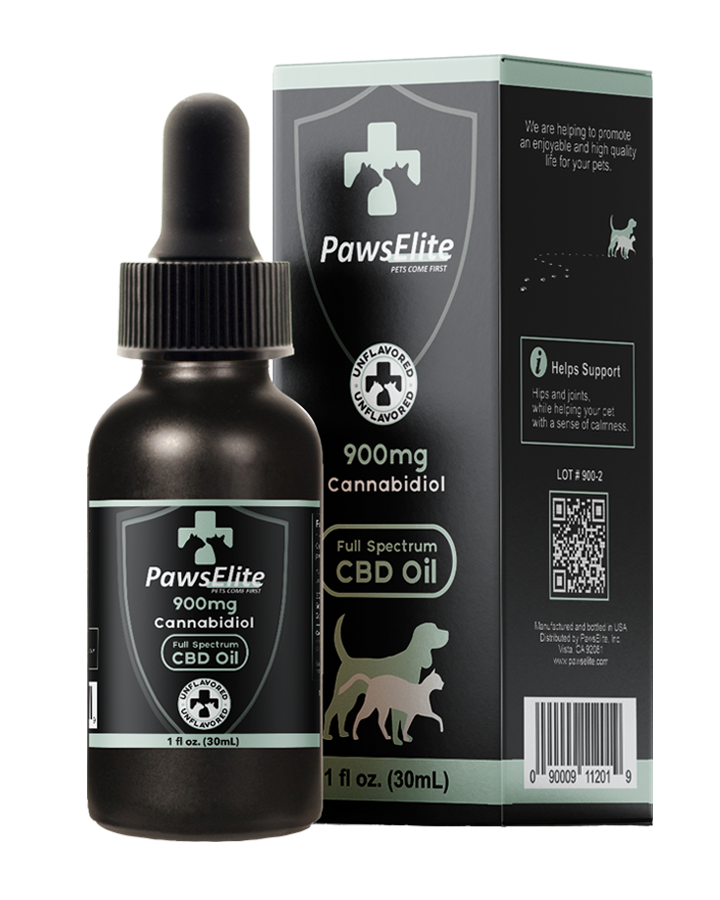
Dispelling the Myths: Separating Fact from Fiction When It Comes to Cannabis Use and Pets
Share
Sponsored Post
There’s no doubt that the cannabis plant has extraordinary medical and therapeutic potential when used in humans. We’ve seen it ease feelings of pain, nausea, and anxiety, and it’s commonly used as a supplementary treatment aid for patients with cancer, epilepsy, and chronic pain conditions. But what about cannabis use in pets?
Well, there are a lot of misconceptions out there when it comes to giving cannabis to dogs and cats. Many people are unsure of the possible risks, benefits, and side effects, as well as how to get cannabis for pets in the first place. This guide will dispel some of the myths and provide proven facts about what cannabis can do when given to animals.
Understanding Cannabis And Its Components
Before we look at cannabis use in dogs and cats, it’s important to have a basic understanding of what cannabis is and how it works. Put simply, cannabis is a plant that has been used for medicinal and recreational purposes throughout history. It contains natural compounds called cannabinoids that can interact with the endocannabinoid system (ECS) in the human body.
By binding to receptors within the ECS, cannabinoids are able to trigger certain effects, like easing feelings of pain or helping someone feel less stressed. CBD and THC are two of the main cannabinoids, and there are many debates around CBD vs.THC, due to their unique differences and effects.
The easiest way to tell them apart is that THC is the “intoxicating” cannabinoid in cannabis plants - it’s the ingredient that makes people high. CBD, meanwhile, doesn’t have those same effects, so can be used more safely and has a range of medical benefits like pain relief, anxiety relief, and even helping to treat epilepsy.
Can Medical Marijuana Doctors Appoint Cannabis For Pets?
If someone wishes to make use of medical marijuana, they’ll usually need to speak with expert medical marijuana doctors who can make appropriate diagnoses and provide the relevant prescriptions. However, if you ask these doctors to prescribe CBD or cannabis products for your pet, they won’t be able to help. They’re only able to prescribe cannabis for human use.
The same rule applies to vets. At the moment, the American Veterinary Medical Association clearly states that veterinarians are now allowed to use, prescribe, or even recommend cannabis products of any kind for use in animals. This is mainly due to a lack of studies into the effects of cannabis on animals, and fears of possible side effects.
The Potential Benefits And Risks Associated With Cannabis Use In Pets
So, why might you want to give cannabis to your pet in the first place? Well, just like how certain cannabis strains can be used to alleviate pain and other symptoms in people to help them live more comfortably, some scientific evidence suggests that it could offer similar beneficial effects in animals.
- Pain - CBD could be able to help alleviate pain in pets, making it a useful option for those with chronic pain conditions, particularly in the latter stages of their lives.
- Sleep - Cannabis may also offer the potential to help pets sleep and experience lower levels of stress, promoting a more relaxed mindset.
- Appetite - Some experts also state that cannabis products for pets may help to promote a healthier appetite, which could aid pets that are struggling to eat or showing no interest in food.
However, there are also risks and downsides that have been linked to cannabis use in pets. Some of these possible risks may include a drop in blood pressure, lower saliva production, problems with enzyme activity in the liver, and excessive tiredness.
Common Myths About Cannabis And Pets
As stated earlier on, there's a lot of misconception and misinformation on the subject of cannabis for pets. Let's bust a few of the most common myths:
- Cannabis Products Get Animals High - In most cases, when we talk about cannabis for dogs or cats, we're specifically referring to CBD products, which don't contain any THC (or only have trace amounts), so aren't capable of producing any high-like effects.
- All Cannabis Pet Products Are the Same - This myth is also completely false. There are many different cannabis strains and products out there which can vary wildly in terms of their cannabinoid and terpene content, along with other ingredients.
- There's No Evidence of Cannabis Helping Animals - This isn’t true, either. There have been studies to show that cannabis products may be able to help animals with epilepsy experience fewer seizures, as well as reduce pain and other negative sensations.
- Giving Cannabis to Pets Is Totally Safe - It’s a common myth to suggest that cannabis is totally safe for pets, usually among circles of cannabis fans. But the truth is that there are risks that need to be acknowledged.
- Giving Cannabis to Pets Is Totally Dangerous - Just like the previous point, we can’t say that cannabis is always dangerous to pets, either. The only notable side effects discovered so far are relatively minor, and some animals may experience no side effects.
Responsible Cannabis Use For Pets
Overall, any pet owner who chooses to use cannabis products with their pets should do so with great care. As explained, CBD oils and similar products may offer benefits but also pose risks. It’s always best to consult with veterinarians and find out potential treatment options for any illness or symptoms your pet may be experiencing. If you do decide to use pet CBD, use very low dosages and supervise your pet to look for any negative effects or reactions.
Conclusion
As we can see, CBD for pets could have genuine potential and may become more popular and widely used in the future, as more is discovered about how it works and what it can do. In the meantime, there’s still a lot we don’t know, which means that using cannabis for animals can be risky. Pet owners should therefore be responsible and take those risks into account before considering sharing cannabis with their animal friends.







